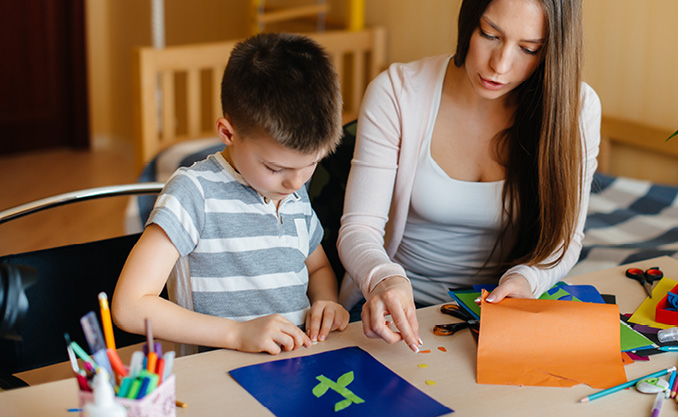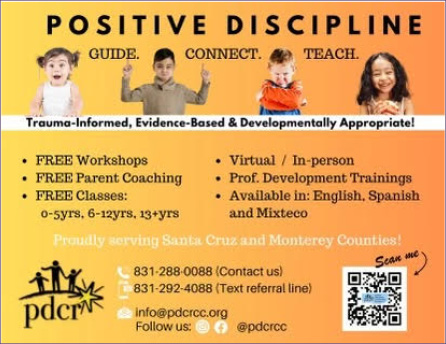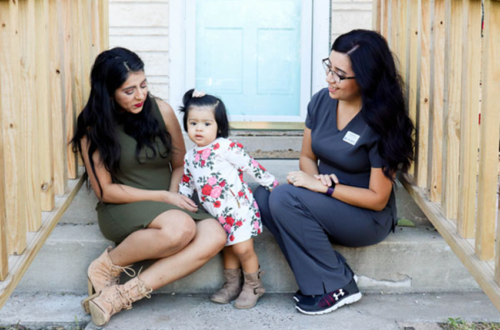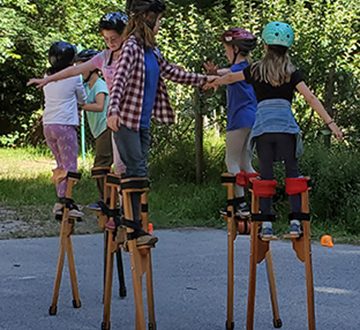I think it’s safe to say that most humans do not like being ordered around and dictated to. The inner human spirit will rise up and push back in order to be the leader of our own lives. Guess what? Kids are humans, too.
It can be hard to remember that fact when we are in charge of ensuring they are dressed, fed, cleaning up their messes, and taking out the trash. We want to give quick instructions, get through the task list, and move on to the next thing.
We don’t want them to have opinions or give voice to the inner human spirit that rises up against us when we are directing them to meet demands. We want quick results. If you are parenting young children, you know it is rare to finish anything quickly.
When our kids enter their teen years, the desire to control their lives, and stuff them full with life’s lessons can be even more compelling as they prepare to launch into full or semi-independence. The lecturing, the nagging, the demanding, the assuming of their bad intentions… we hated it when our parents used these techniques, but it’s so easy to fall into these habits anyway.
What else can we do instead that is more effective, gives kids and teens responsibility over their lives, and allows them to think? Use questions to guide their actions and guide the conversation.
Examples of Questions for Gaining Cooperation
Using questions as a tool gives you ninja-like parenting skills. Gaining cooperation just may get a bit easier and illicit thinking skills at the same time.
Change “Get your jacket on,” to “What do you need put on since it’s a rainy day?”
Change “Stop fighting with your sister!” to “Who’s got an idea how to solve this?”
Change “Do your homework,” to “What is your plan about starting homework – before dinner or after?”
Change “Brush your teeth,” to “What is the next thing on your bedtime routine chart now that you’ve taken your bath?”
In my parenting workshops, parents and I role play so they can experience being told vs. being asked. Parents often reflect when they are first told what to do, they feel an automatic instinct to rebel. When they are asked, they feel a shift and begin to engage their brains. They had to think, “Oh, it’s raining outside. What DO I need? I think I’ll grab my raincoat and my boots, too.” Or instead think, “What ARE some ways we can share this toy?” Responsibility is firmly placed in the child’s lap to figure out what to do, right where responsibility belongs.
Example of Questions for Developing Critical Thinking Skills
In Positive Discipline, these types of questions are called Curiosity Questions. This is a vital tool to use when your kids hit the teen years and lecturing is simply not an option, but you still need to influence them and guide them. It is also a very useful tool to help kids assess their behavior thoughtfully.
Adults love to jump in with all the answers instead of leading and guiding kids to their own conclusions. After all, the goal is to set them up for success independent of us, not depending on us to figure things out for them.
Curiosity Questions need to be said with an authentic, genuine tone. You must be curious about the answers, not attached to a specific agenda otherwise the conversation will flop.
Change “They won’t want to be your friend if you keep doing that,” to “What do you think your friends will do if you keep treating them that way?”
Change “You weren’t paying attention and now you need to clean up your spill,” to “What caused that to happen? What do you need to get this cleaned up?”
Change “Be nice!” to “What made you so angry to want to hit? ”
Change “I’m disappointed in your behavior at school. You need to apologize,” to “So, a rough day at school? What happened? And then what happened? How do you feel about what happened? How do you want to make amends for your part in the problem? What is another idea about how to handle it next time?”
Questions to Guide Teens
Teens will surprise you at times with statements, requests, or opinions that you are not prepared to address. “Can I get my nose pierced?” “I don’t want to go to church with the family anymore.” “I don’t see any point in going to school. I want to quit.” Curiosity Questions can give you time to help them and yourself think it through.
Questions will help you better understand their perspective that is different from yours. Asking first rather than responding with harsh statements that dismiss them, (“No, that is not an option” “Over my dead body!”) keeps your relationship intact even if your answer is still “no.”
In my parenting journey, my daughter asked to get her nose pierced which went against our family policy to wait until she was 18 to alter her body. My questions went something along the lines of, “How long have you been thinking about this? Do you know what’s involved? How much does it cost and do you have the money for it? Let me talk to your dad and we will consider your request.” In the end, we held to the policy. She was disappointed but accepted it. When she turned 18, she didn’t rush to get her nose pierced as the urgency had died down.
One of my favorite dialogues is published in Jane Nelsen’s book, Positive Discipline. Her daughter announced she was thinking of getting drunk at a party.
Jane calmly asked a series of questions as they dialogued: “Can you tell me why? What do your friends say about you since you don’t drink? What do you think they’ll think or say about you if you start drinking? How do you think you’ll feel about yourself?” Her daughter had shared how her friends admired her and that she may start feeling like a loser if she drank. Her ending statement was, “I don’t think I will.”
Inquiry over commands is a powerful thing. Add this one to your parenting tool belt and see what happens.
Colleen Murphy is a credentialed adult ed teacher, a Certified Positive Discipline Trainer at Positive Discipline Community Resources (www.pdcrcc.org), a preschool teacher at Soquel Parent Education Nursery School, a parent coach (fromtheheadtotheheart.com), and in healthy relationships with her two grown kids. Catch her interviews on Lost or Found – Apple Podcasts with Dr. Michelle Choi.








